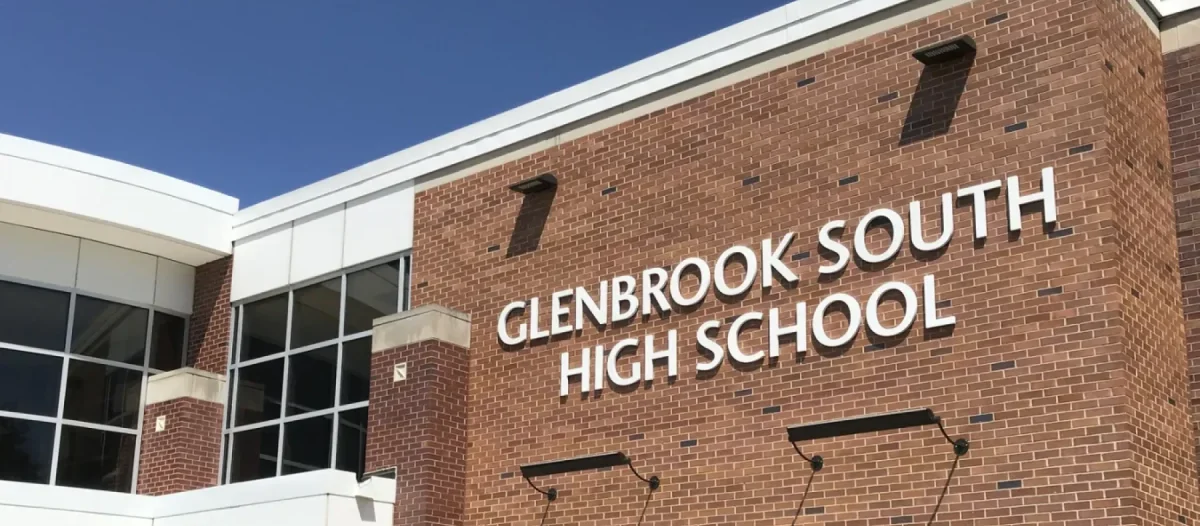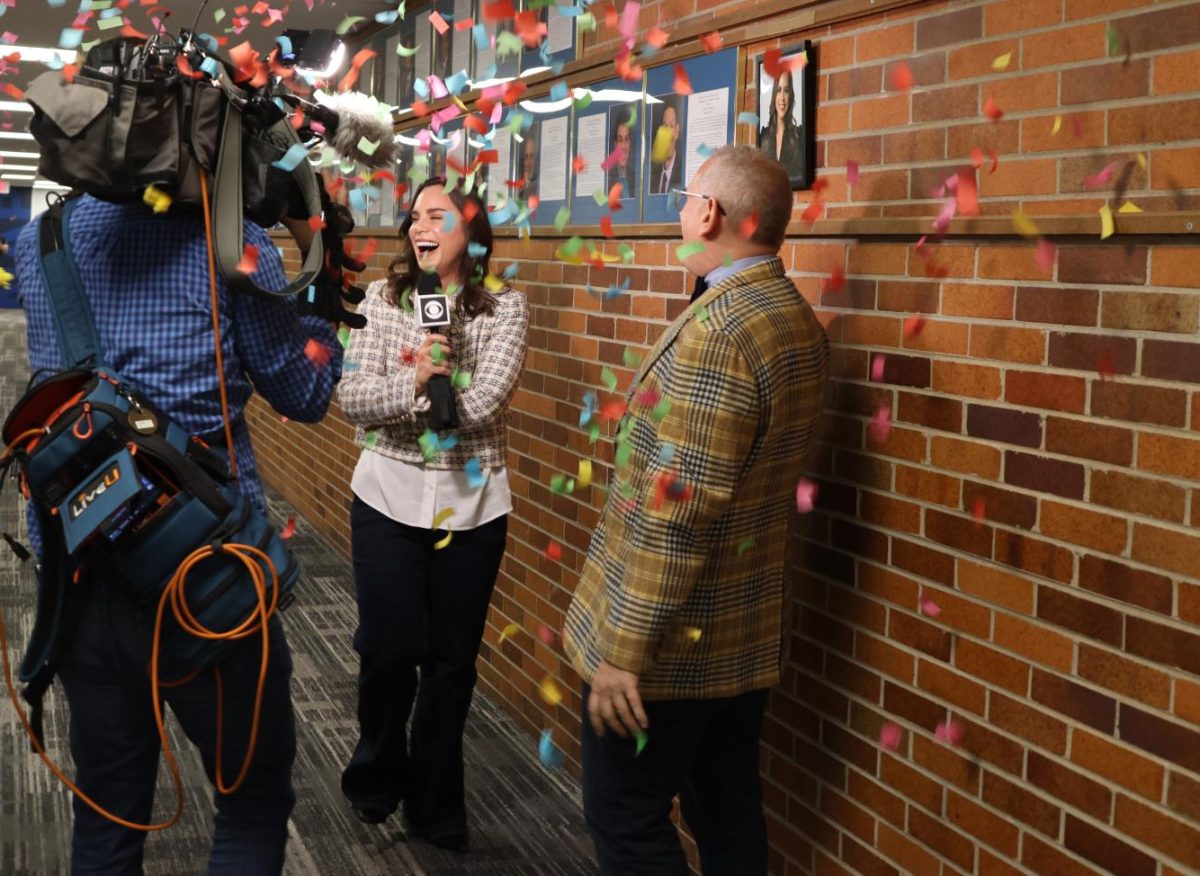Access to South security cameras may be shared with the Glenview Police and Fire Departments if an agreement is finalized to allow first responders access to the cameras during emergencies, according to Dr. Michael Riggle, District 225 superintendent.
Patrick Shuster, Glenview police sergeant, said that access to the cameras would not be used for routine situations, they would only be used in emergencies where a view of the building would help first responders coordinate a response plan.
“Regular police calls for service are not what it’s used for,” Shuster said. “Just those emergency situations where knowing the exact location of a possible offender or of a fire would help direct our response better, so that we can get in there and take care of whatever the emergency incident is as quickly and safely as possible.”
South Principal Dr. Brian Wegley said that the idea for the agreement arose from discussion about improving South emergency response capabilities.
“I think that if we had a situation like that, one of the questions we would ask would be, ‘did we do everything we could to keep the people we care about in this building safe?’” Wegley said.
First responders’ access to the cameras would help to keep South students and staff safe by improving their cooperation with South in an emergency, according to Michael Meier, South police liaison.
“In regards to when an emergency […] does happen, with regards to me being a police officer, having my radio and being able to talk directly to dispatches, I’m expecting that they would be able to talk to me and in real time be able to see on the school cameras what might be going on [that] they can report to officers who’re com -ing to help,” Meier said.
Despite the cameras’ advantages, Wegley, Shuster and Meier said that they hope the cameras will never need to be used.
“If it’s an incident [where] we’re activating it, it’s an incident we’d prefer not have happened,” Shuster said.
According to a memorandum of understanding between the school and the police and fire departments, certain protocols would have to be followed for activation of the cameras. The police and fire departments would have to contact a South authority in order to receive permission to activate the cameras, or if they are unable to make contact, must inform the district superintendent within 24 hours of activation.
Riggle said he understands concerns for privacy that the cameras pose and wants the community to be comfortable with the agreement.
“I think it’s important for students, staff and the people in the community to know that, yes, we have a camera system, and here’s how it’s going to be used when you have an emergency, and if it’s not an emergency, then the police are not going to be accessing it,” Riggle said. “It’s not going to be used in any way that’s a violation of students’ rights, and we’re meeting the kind of the transparency that the community deserves in something like this.”
Wegley said that only he and the Dean’s Office can currently access the cameras. Riggle said that South cameras are only for passive surveillance, which is different from constant, active surveillance.
“We’re using those cameras to be able to better protect our own property, to go back and look at situations that were maybe not good for our students, see who was involved—that’s passive surveillance,” Riggle said.
The Board is awaiting further deliberation before voting to approve or reject the memorandum.







